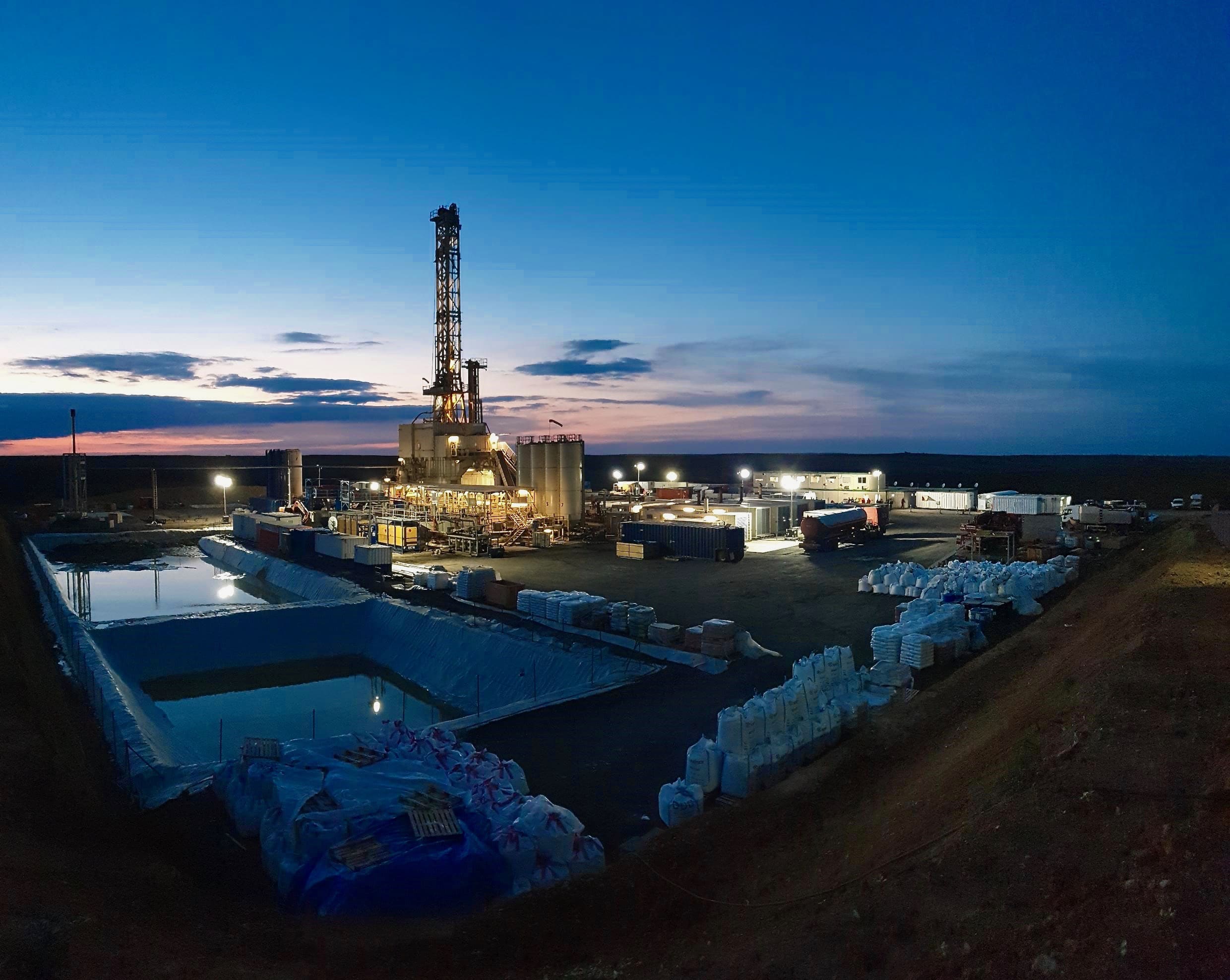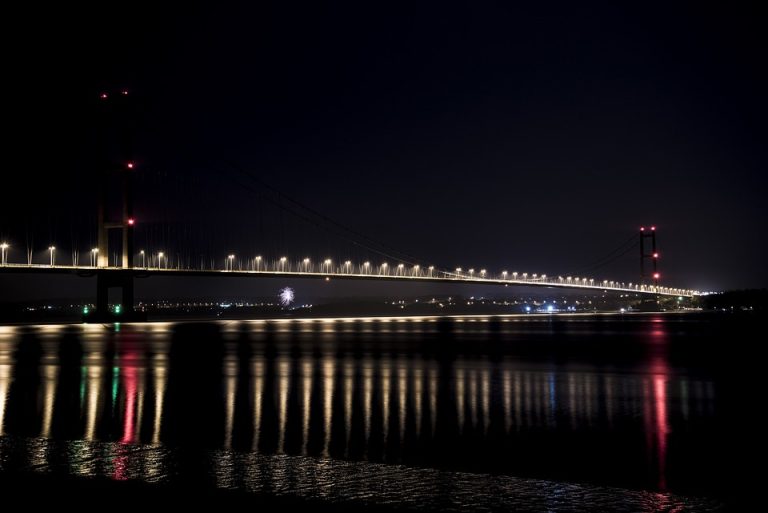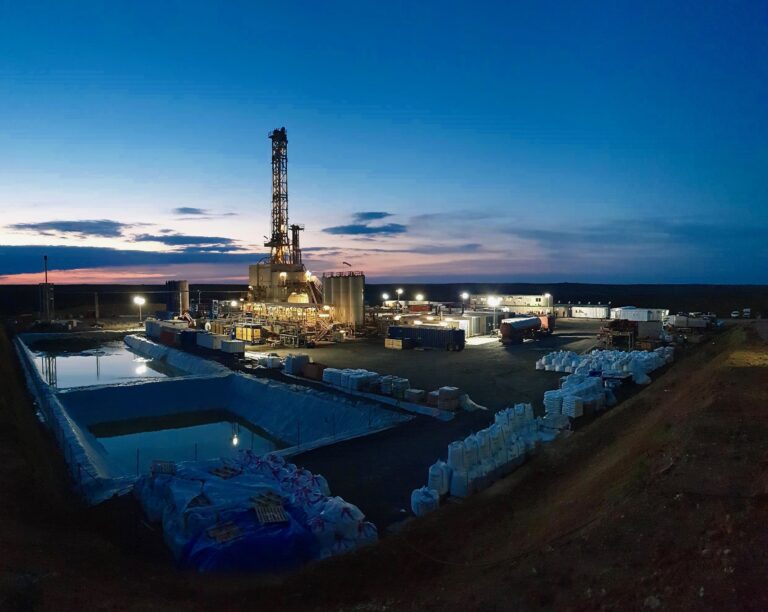Valeura Energy plc (LON:VLU) Chief Executive Officer Sean Guest up with DirectorsTalk for an exclusive interview to discuss their recent acquisition of KrisEnergy’s Thai assets, expected contribution to revenues, significant growth opportunities for the assets, expertise in Asia Pacific and further M&A opportunities.
Q1: First off, congratulations on your recently announced acquisition of KrisEnergy’s Thai assets. Could you just talk just through the key highlights of the assets?
A1: There’s two key assets that we’ve acquired here, both in the shallow water Gulf of Thailand.
So, the first block is G10, which contains the Wassana oil field and that’s been suspended for a couple years since the low oil prices in 2020 so that’s a field that we can bring back on very quickly and look to yield about 3,000 barrel days of production net to us later this year.
The other block is G6, which has a fully appraised but not yet developed oil field Rossukon and we’ll be focused on that in 2023.
Q2: Now, presumably this changes the investment case for Valeura Energy?
A2: Well, for a couple of years now, we’ve really had a strategy of M&A and growth. We’ve had our Turkish asset which we still hold, which has lots of big blue sky potential, but it’s about identifying assets with immediate cash flow. More importantly than that, we’re also looking for ones where we could reinvest that cash flow into growth so we’d really be delivering increased production, increased cash flow as we’re going forward and that’s what these assets offer.
The Wassana field is going to give that cash flow, once we get it back up flowing at about 3,000 barrels a day, it should yield about $9 million cashflow a quarter. There’s more growth within the Wassana field that’s already identified for infill drilling in 2023, as well as the Rossukon field, which is a development project we’re looking at for 2023 for further growth.
So, it’s really fulfilling that objective of production and cashflow in the near term but followed on with medium term growth that will then have our larger gas play in Turkey still there for the upside in the future.
Q3: So, what’s the expected contribution to the company’s revenues from the deal for 2022 and beyond?
A3: So, the production will be starting later this year so then we’ll be looking at that cashflow just from Wassana of about $9 million a quarter so that’s just a true cashflow that’s coming out of those.
Q4: Are there significant growth opportunities for the assets?
A4: Well, the key thing about Thailand is what you see in a lot of these fields, it’s been a very successful environment for a lot of small companies. Besides the fact of good fiscal terms, really good staff, a long history of oil and gas, one of the key things you note is that the geology is very consistent across the Gulf of Thailand.
What you find is the reservoirs are stacked vertically as well as laterally so when you do a field development there, it may initially be very small, but then it tends to grow, and every year you’re able to add production and reserves.
That’s why small companies can really succeed here because you do a small development initially that then you can add to every single year and there are examples in the Gulf of Thailand of fields that are still producing today and they yield at 10 times the amount of reserves that were there in the initial development plan.
Q5: Can you remind us what expertise VLU has in the Asia Pacific region?
A5: A lot of people think of Valeura as a company that’s been focused on Turkey, but for myself and others on our executive, I spent the majority of my career living and working in Southeast Asia. So, we’re very familiar with the environment, the working environment, the people, the geology, all those key aspects of the business over there.
So, for us, it’s exciting to get back to what we consider to be our home and as we look around the world, we think it is an area that’s very ripe for still further M&A and there’s a lot of good acquisition deals in the area.
Q6: What new opportunities do you think you’ll bring to the assets?
A6: The key one would be, I think, focused on getting after Wassana, to be able to drill those horizontal infill wells next year. So, while we expect it to come on at 3,000 barrels net to us, those infill wells in the first half of next year could take it to a peak of about 5,000 barrels a day.
The Rossukon field is one that we see has that potential we were talking about earlier, where it’s a relatively modest-looking development now with 5 million barrels net to us, 12,000 barrels a day peak production. That’s one that we see already the ability to add further reservoirs and grow around that, once you get that field developed and running.
Q7: Will you continue to look at M&A opportunities now that Valeura Energy secured this deal?
A7: Very much so, we’re still looking at other opportunities within Thailand as well as within the region itself and we look to be bringing those forward even further deals this year.








































